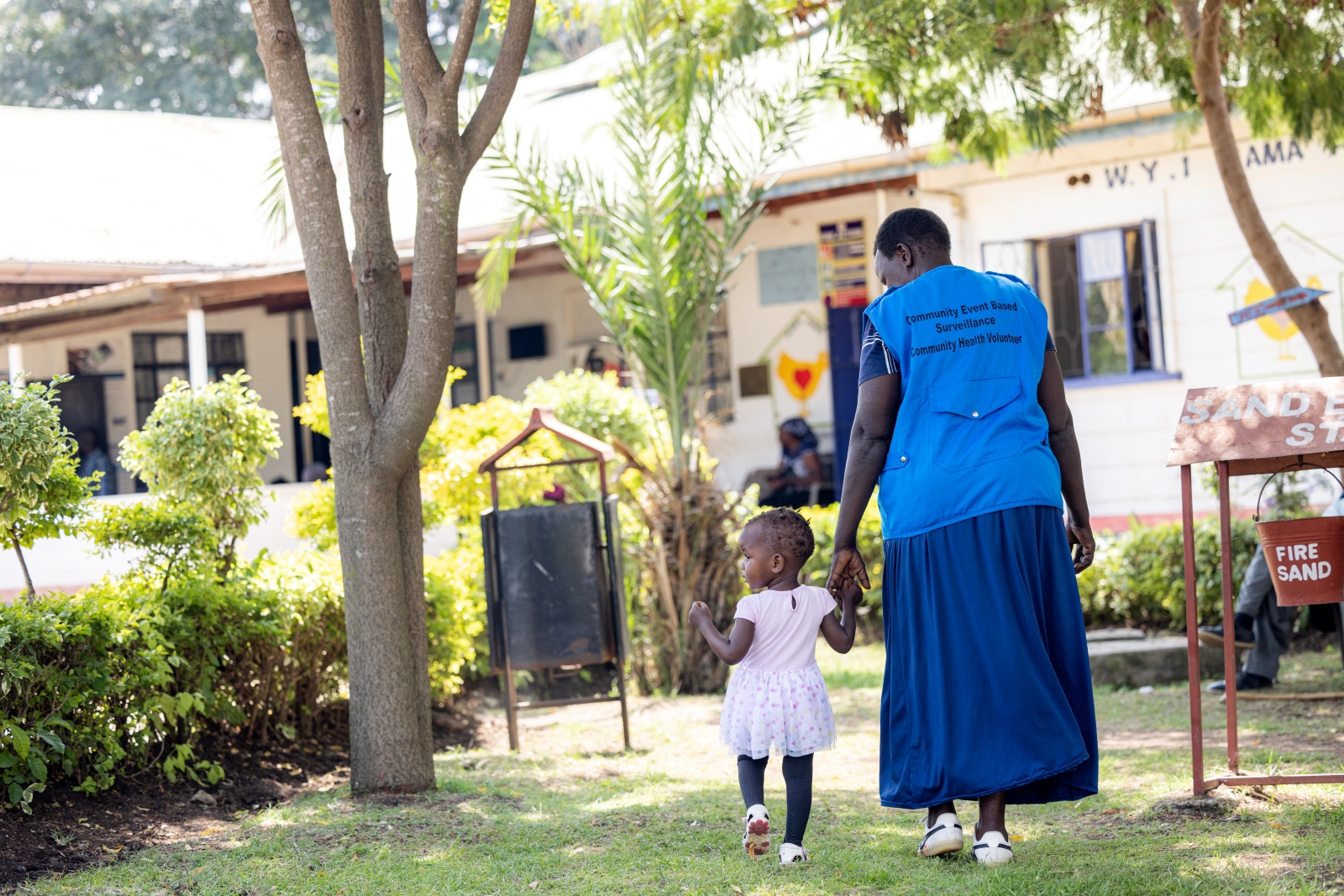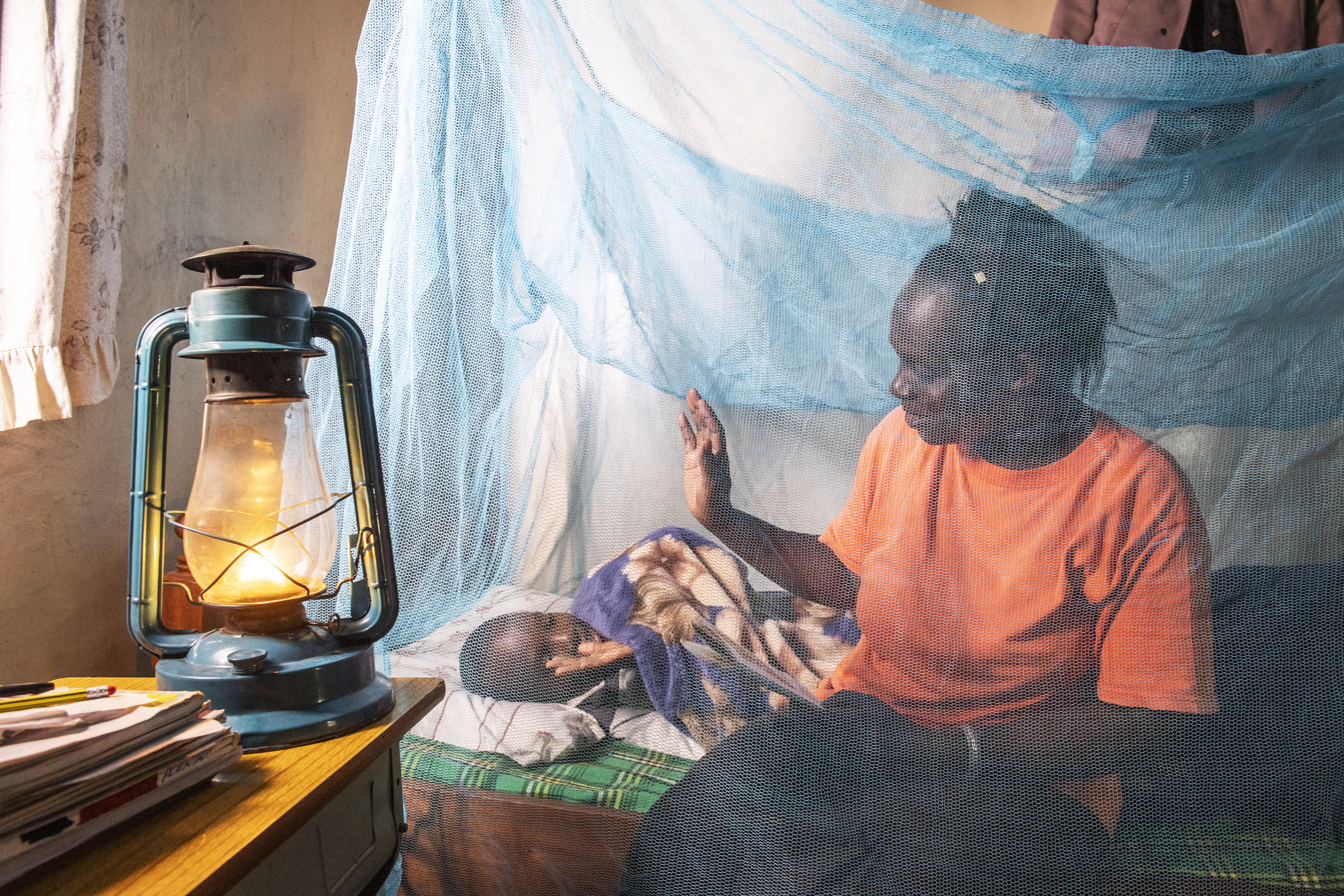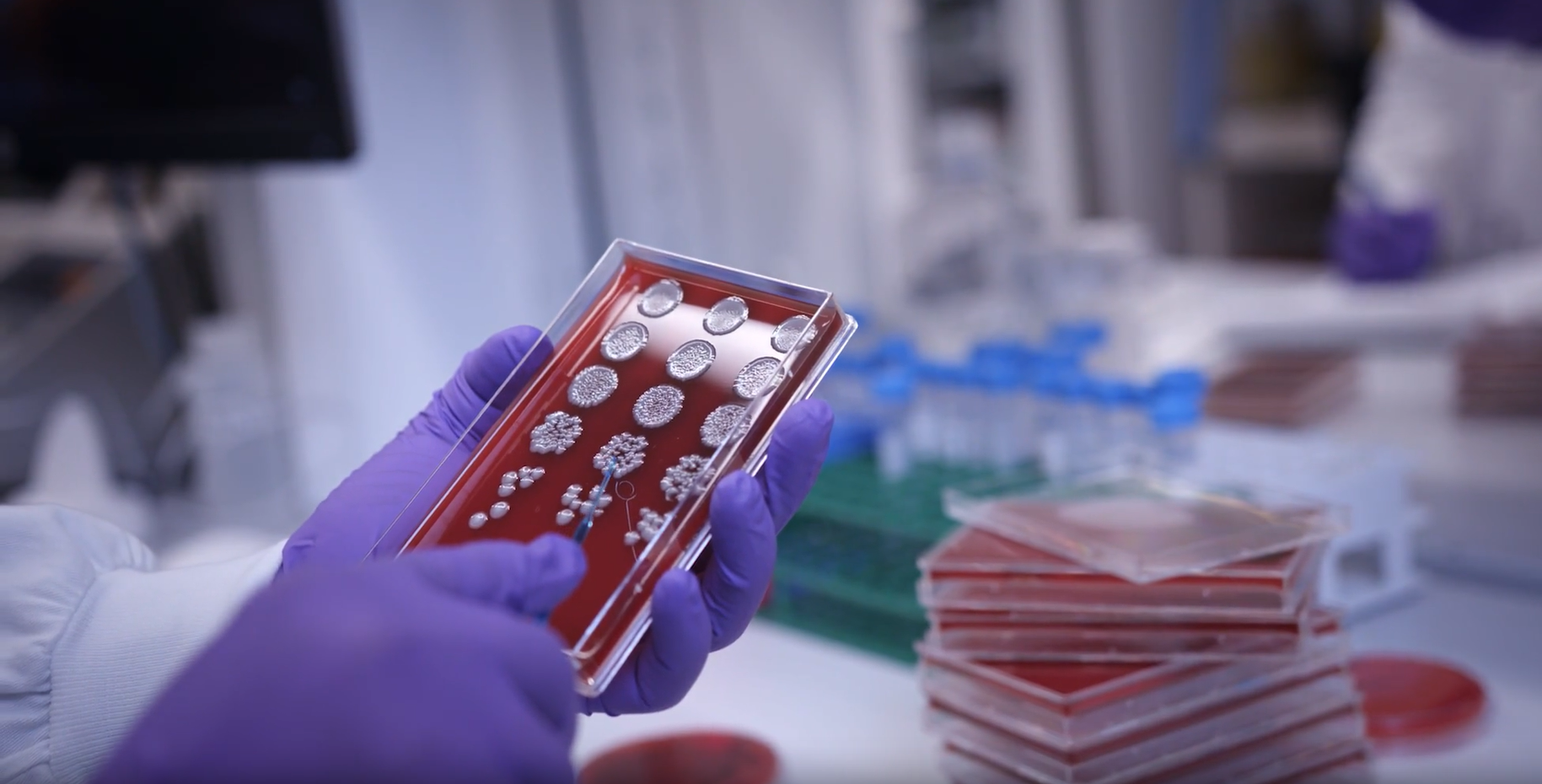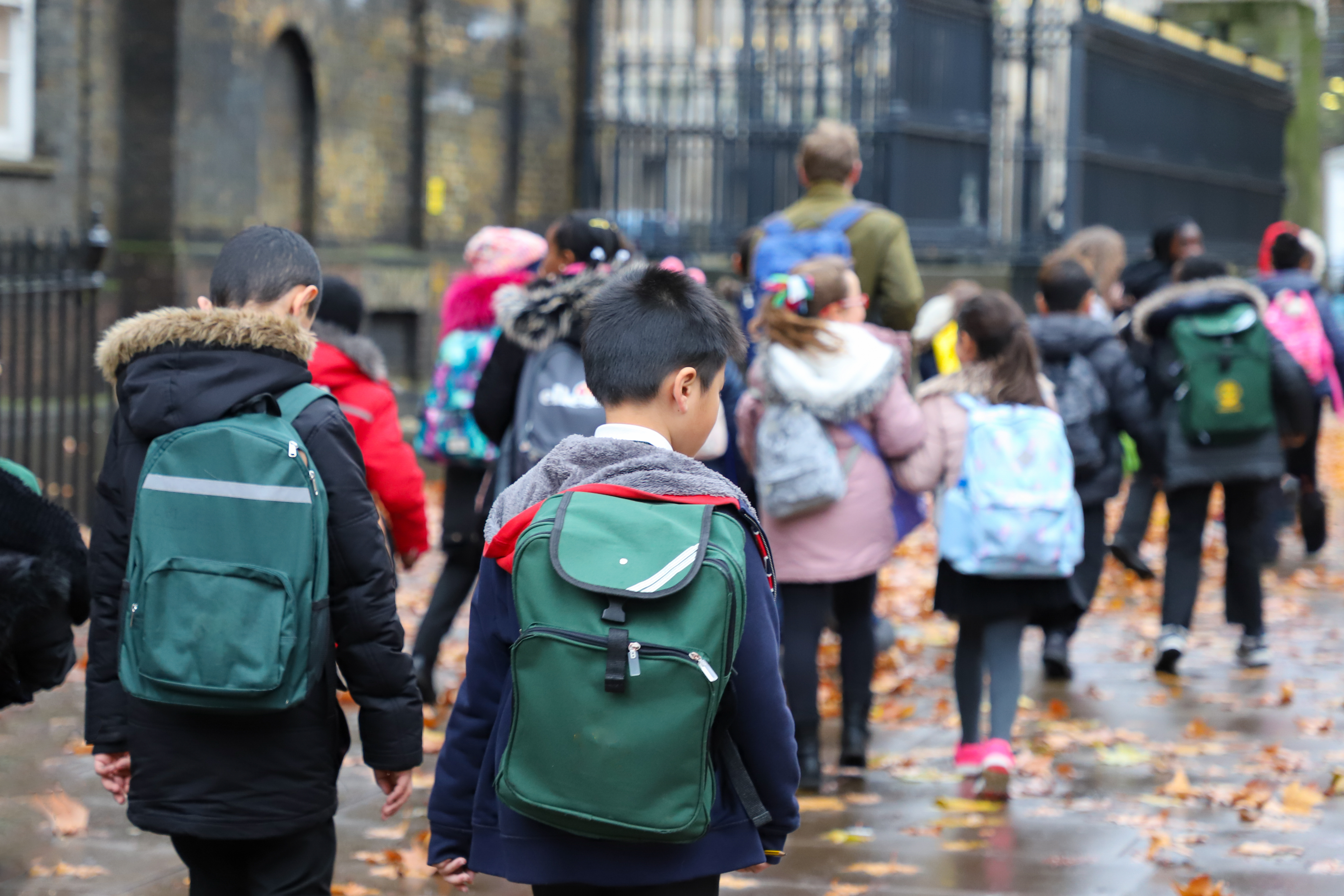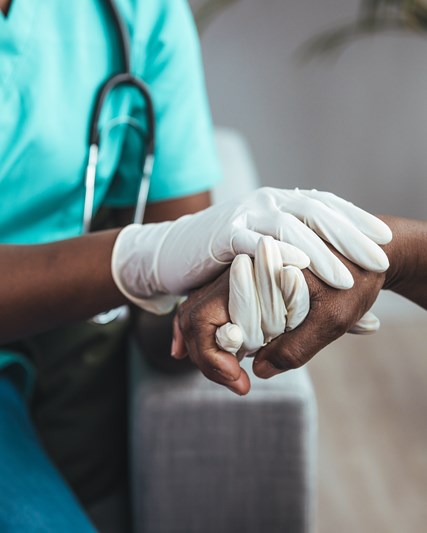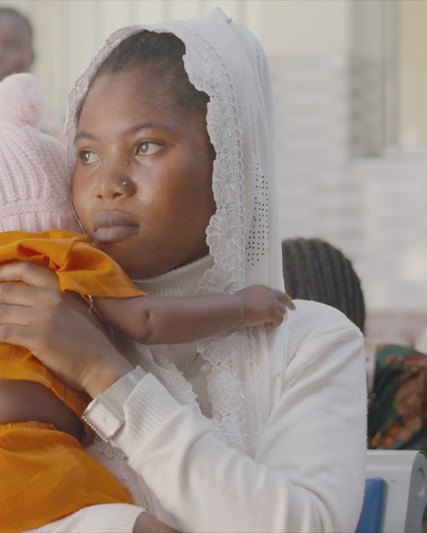In tackling global challenges like climate change and driving economic growth, the world has a critical but underestimated tool. Vaccines play a significant role well beyond preventing infections, helping to improve the lives of billions of people and protecting the health of the planet.
The public health impact of vaccines is already clear.
Covid-19 vaccinations averted around 20 million deaths in the first year of the rollout, and ongoing immunisation programmes for other infectious diseases in low- and middle-income countries have prevented about 37 million deaths in the past two decades. If that progress is sustained, an additional 32 million lives could be saved by 2030.
But vaccines can have an even wider effect on the world around us. Although none of the 2030 Sustainable Development Goals singles out immunisation, vaccines can help countries achieve at least 15 of the 17 United Nations targets, according to a March 2023 report.
While the climate crisis, economic turmoil, conflicts and fallout from the Covid-19 pandemic are jeopardising efforts to fulfil the UN’s ambitions, an increased focus on immunisation can accelerate the global bid to get back on track.
“Vaccines are a golden thread that runs throughout the Sustainable Development Goals,” says Charlie Weller, head of prevention and infectious disease at Wellcome, one of the largest health research charities in the world.
“You can find a connection, whether that is direct or indirect, to the majority of them.”
Averting a crisis
As warming temperatures and extreme weather events exacerbate the spread of infectious diseases, maximising the role of vaccines can help mitigate the impact of climate change.
In the face of disasters, such as the historic floods that submerged a third of Pakistan in 2022, vaccines can provide critical protection. The deluge occurred during a high transmission season for polio, and vaccination infrastructure was mobilised to reach displaced communities. Thanks to these efforts, nearly 32 million children were vaccinated against the disease in August 2022.
Immunisations are vital in combating cholera, too, an acute intestinal infection, as flooding and drought reduce access to clean water and give the disease opportunities to thrive. Cases are increasing again in countries such as the Democratic Republic of Congo after decades of progress.
“We already have the tools. We just need to work out how to use them most effectively,” says Weller, who also led the development of Wellcome’s vaccine strategy and co-founded the Coalition for Epidemic Preparedness Innovations.
“But when we think about mosquito-borne diseases, the geographies and the people at risk are growing and changing, so we need collective action to accelerate the development of vaccines and other interventions to protect those most vulnerable.”
Studies show that due to the changing climate dengue, malaria and other diseases spread by mosquitoes are expanding their range, gradually emerging in unaffected areas or re-emerging in regions where they had subsided for decades. As a result, billions of additional people around the world are vulnerable to infection.
The threat of superbugs
Another significant contribution vaccines make is combating antimicrobial resistance (AMR), which occurs when bacteria and other disease-causing organisms evolve over time and no longer respond to existing treatments. A warmer planet could be speeding up this process.
By preventing infections, vaccines can reduce the need for antibiotics, limiting opportunities for pathogens to develop resistance. This can also protect the diversity of microbes that play important roles in human health, such as supporting digestion, metabolism, endocrine functions, resistance against pathogens and the development of immunity.
Vaccines could potentially avert more than half a million deaths associated with drug-resistant infections every year, especially in lower-income countries that bear the biggest burden. But immunisations are often overlooked in the AMR conversation, according to Thomas Breuer, chief global health officer at one of the world’s largest vaccine developers, GSK.
“People focus on investing in new antibiotics and the sparing use of antibiotics, which is absolutely correct, but at the same time you need to invest more in preventive measures,” Breuer says.
“Avoiding disease altogether is better than treating disease.”
Maximising impact
While vaccines save lives, they also mean children are more likely to go to school and reach their full potential, helping families avoid healthcare costs that can leave them trapped in poverty.
“The health impacts of vaccination are clearly important,” Breuer says. “But it’s vital that their broader benefits to society, to economies as a whole, are also recognised.
“By preventing illness, they can free up much needed resources that can be used to tackle other issues, like non-preventable diseases or education.”
After clean water, vaccination is one of the most cost-effective public health interventions. Research shows the return can be around 20 times the cost of the investment.
Realising the potential of vaccines depends on boosting immunisation rates. More than 14 million infants – ‘zero dose children’ - didn’t receive an initial dose of a vaccine protecting against diphtheria, tetanus and pertussis in 2022. In many countries, vaccination efforts are under-resourced.
For this, collaboration is key. While GSK and its partners pursue the next breakthroughs following the development of the world’s first malaria vaccine, which is currently being rolled out in Ghana, Kenya and Malawi with more countries being added early next year, they’re also working to widen access to existing shots. GSK has supplied Gavi, the Vaccine Alliance with more than 1 billion vaccine doses since 2010, helping to protect millions of children in lower-income countries.
‘Investment, Not an Expense’
The world will need to boost spending by around $100 billion a year over the next decade to fully realise the potential of vaccines in achieving the SDGs, according a Science Translational Medicine report.
This would allow for more research and development to create new vaccines against known diseases and prepare prototypes to enable a rapid response to outbreaks. It would also help to strengthen the global health infrastructure needed to get vaccines to the people who need them.
“We posed the question of whether we, the global community, are on the wrong scale altogether when it comes to how much we’re investing,” says Francesco Berlanda Scorza, head of vaccine R&D at GSK’s global health unit and one of the authors of the paper.
“It’s important we start looking at vaccines with a broader lens. As a society, there’s a risk of becoming complacent amid all these threats. We need to be shaken out of our comfort zone.
“This is an investment, not an expense.”
